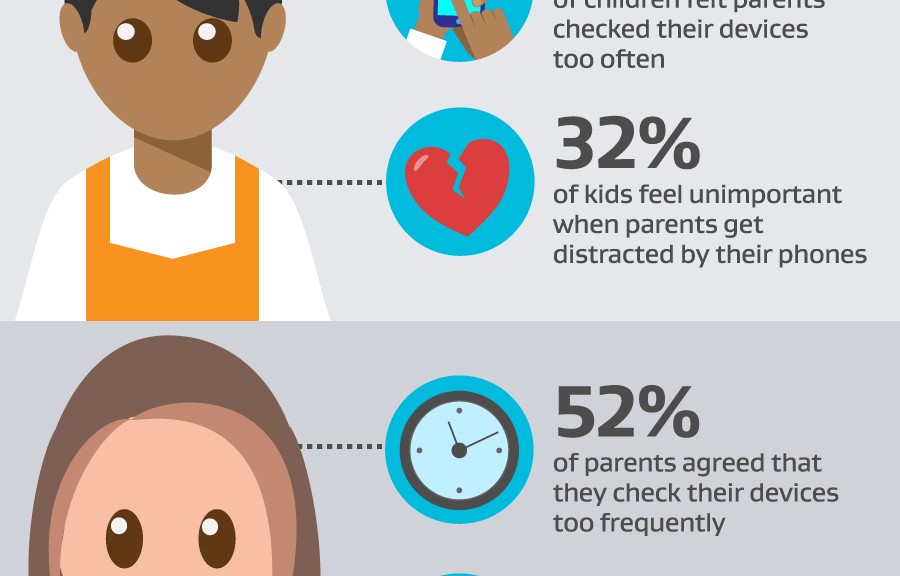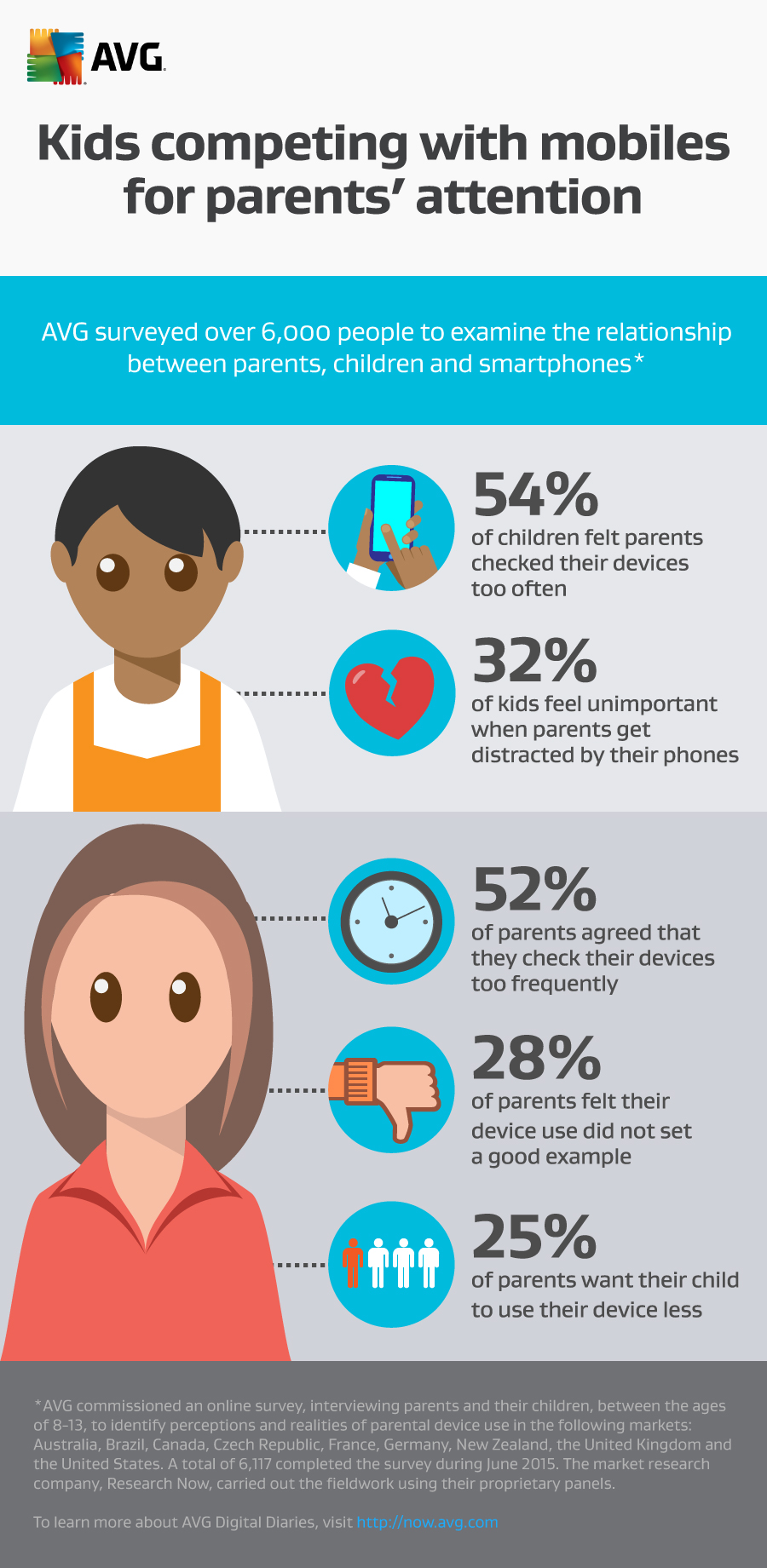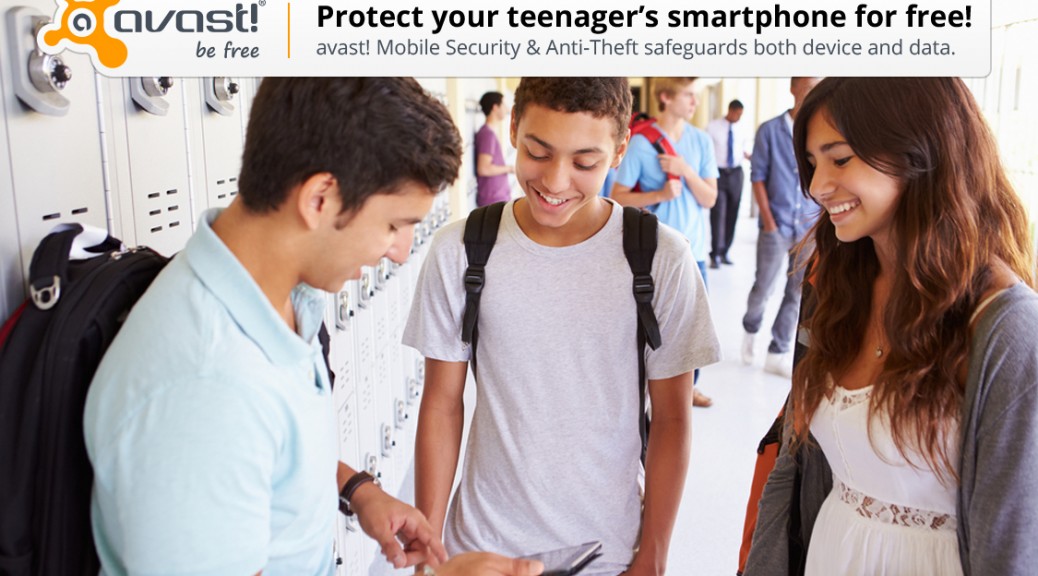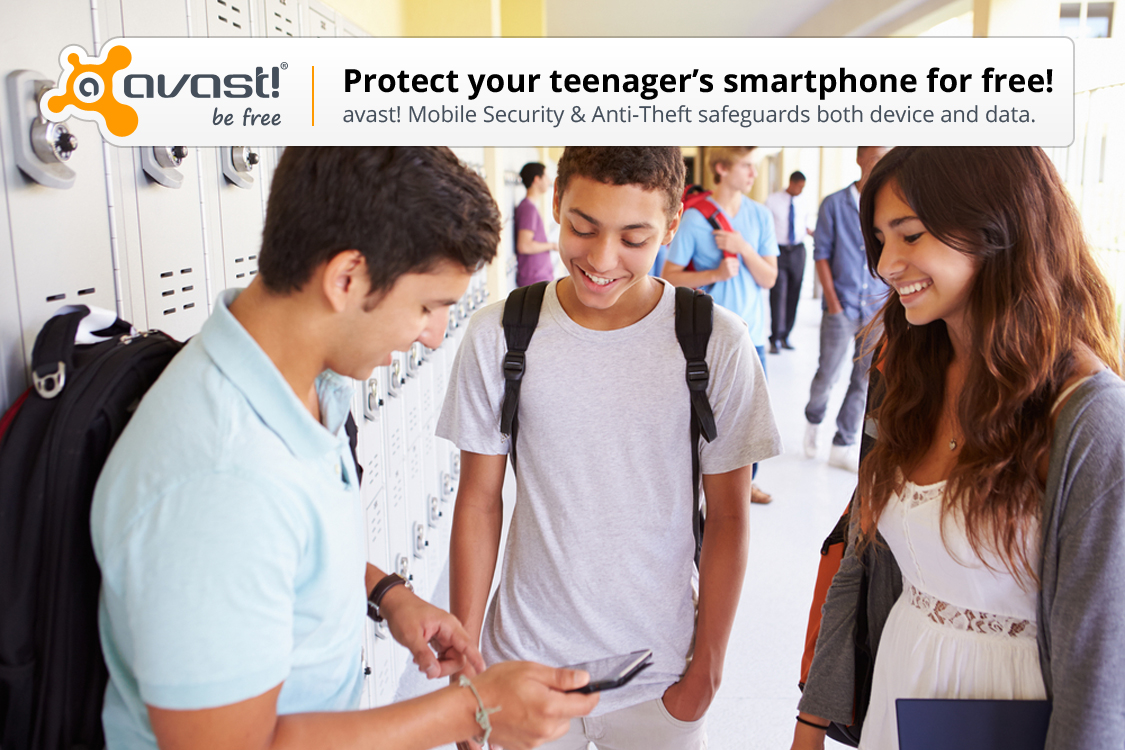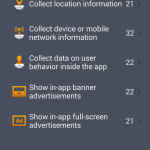When I was young, I remember watching episodes of Dr. Who and Star Trek and marveling at the flat screen monitors, tablets and wireless connectivity they portrayed.
I recently watched one of the original Star Trek movies and noticed how dated the technology looked. It seems that not only has technology delivered what was the vision of film makers but surpassed it. Our kids are growing up in a world that I never dreamed would be a reality.
The interesting part of this is that this hyper-connected is entirely normal for them. We as adults view it as connected, digital, devices and make it sound like a special part of life but to our kids it’s just life.
I often see questions such as ‘what age do I give my child a smartphone?’ Realistically, there can be no wrong answer as every child matures differently and every parent has differing views and boundaries. There are indicators though that should allow us to make a reasonable decision on the right age for children to have smartphones. Generally, they look at responsibility, respect and maturity. Giving a phone to a child is a big responsibility for both the parent and child, after all the actions of the child are the responsibility of the parent.
There are obviously lots of reasons for a child to have a smartphone, but also lots of reasons for them not to. It’s important that we encourage our kids to spend more time outside, play with their friends, learn social skills and interact directly with other people will stand them in good stead for adult life. A consideration on how the device fits in to school life and will it hinder and or enable learning needs to be a part of the decision, again something that differs for every child.
My son had access to a flip phone from the age of 10. This was a family device and then at 13 he was then allowed a full smartphone on the grounds that it was a privilege and not a right. At 15, he is now a young man and the dynamic and guidance become very different. Just yesterday, we had a chat about disabling ‘auto retrieve’ to mitigate the risk of the StageFright vulnerability.
Another frequent question at this time of year is what laptop or tablet should I be buying to enable learning at school, here are some key questions that might help aid the decision process on this.
Key considerations for back to school tech purchases
What is the purpose of the device?
Is it for productivity or for consumption? If you think about how we use the devices in our lives tablets are typically used to browse, watch and consume content where a laptop is used to create and produce, while there is some crossover this is a reasonable question to start the process of which is better.
School equipment
Does the school provide any equipment as learning aids? Knowing which devices kids have access to at school might help you decide to buy a device that the school does not already use.
Device specifics
Different devices have different uses. Tablets can be great for apps while laptops are of course great for browsing the web and certain types of gaming.
There is then the question of device choice, size of laptop or tablet, this one is personal and engaging your child on this is a good idea. After all, they will be the user of the device.
Insurance
One top tip our own AVG IT department gave me when I purchased a laptop for my device was that I should buy the accidental damage insurance offered as kids drop or damage stuff in ways we don’t. This advice proved extremely useful and has saved me money!
Responsible Use
Okay, so you’ve decided on the right device and appropriate age, but the job isn’t done yet. Just like crossing the road, it’s up to us as parents to show our kids how to use the web responsibly and respect others when they communicate Remember that kids are not fully developed from a maturity perspective and they need our guidance (despite the fact that as teenagers think they know everything.)
School policy
Read the schools policy on Internet use and communication and enforce the same principles out of school, with the right education and guidance your kids might amaze you on their ability to behave in a mature way.
If in doubt, discuss
If necessary, then monitoring what they do may help you understand and guide them better, I personally find just talking to them about what they are up to works well and is much less intrusive. I know my parents never knew everything I got up to when I was a child so having a little freedom, unless its abused, is a positive growing up experience.
Make sure your kids understand one core principal – ‘if you wouldn’t say it offline then don’t say it online’
![]()
![]()
